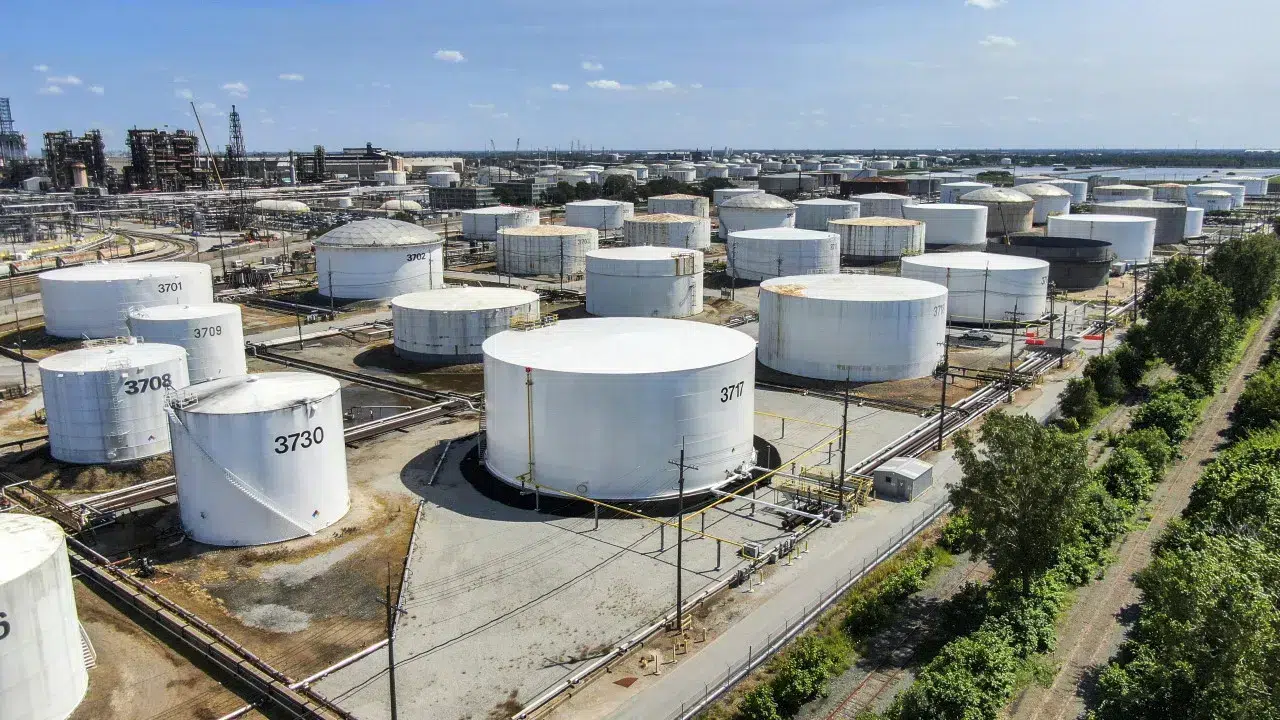
The PPM, having parted ways with the PSD and CDS after their coalition in the last legislative elections, announced Paulo Estêvão as its candidate for Prime Minister in the upcoming elections on May 18.
Born in Serpa, Beja district, the PPM’s Secretary-General is well-known in the Azores, where he served as a regional assembly deputy for 16 years. He currently holds the position of Regional Secretary for Parliamentary Affairs and Communities in the Azorean coalition government of PSD, CDS, and PPM.
This situation might initially seem inconsistent, but Paulo Estêvão, aged 56, insists it isn’t – stated in an interview – citing the “historic pattern” of the Democratic Alliance (AD), which “never contested simultaneously across the entire national territory.”
During the interview, the monarchist addressed not only PPM’s withdrawal from the coalition with PSD and CDS but also the controversy over their desire to continue using the AD acronym, which he emphasizes “belongs to all three parties.”
Moreover, Paulo Estêvão outlined the objectives for PPM in the legislative elections and the proposals they aim to bring to Parliament if successful in electing deputies to the Assembly of the Republic, a feat not achieved since 2005, nearly two decades ago.
Paulo Estêvão stated, “I assumed this role with the sense of service and mission to help my party and that’s what I will do, obviously compatible with my position in the Azores Government.”
When asked whether he expected to be chosen as the Prime Ministerial candidate by PPM, Estêvão noted, “The party entrusted me with this responsibility as the spokesperson, considering my political experience as a regional deputy for 16 years in the Azorean Parliament and now as a regional secretary. I will present our program and participate in debates, while maintaining my role in the Azores Government.”
Despite being the Prime Minister candidate, Estêvão is not listed as a candidate for deputy in the anticipated May elections. He explained this decision by highlighting the unique coalition circumstances in the Azores with PSD and CDS, stating, “It makes sense to campaign as a candidate for Prime Minister and act as the party’s spokesperson in this election.”
Addressing whether this absence might affect PPM’s performance in the upcoming elections, Estêvão disagreed, emphasizing the need to present the national program and represent the party actively in debates and discussions.
Highlighting PPM’s long absence from the Assembly of the Republic, Estêvão targeted a return to parliamentary representation, lamenting the previous coalition’s focus on PSD and CDS to the exclusion of PPM. He outlined key policy areas such as ecology, noting PPM’s foundational ecological stance, and advocated for the revocation of the soil law to protect agricultural and ecological reserves.
On broader themes, Estêvão discussed housing expansion, health reform, education improvements, and maintaining Portugal’s national identity and culture.
Addressing potential impacts of his Prime Ministerial candidacy on his role in the Azorean Government, he noted it was not customary for government officials to suspend duties during candidacies.
In regard to campaigning against PSD and CDS on the mainland while part of a coalition with them in the Azores, Estêvão stressed the historical precedent and separation between regional and national political dynamics.
Addressing the contentious usage of the AD name and acronym, he expressed confidence that PPM’s stance would be validated and noted the potential for confusion among the electorate due to the long association with AD.
Finally, Estêvão commented on the political landscape, particularly accusations against the Prime Ministerial candidate from the same coalition, advocating for prudent judgment until judicial processes produce definitive outcomes.




